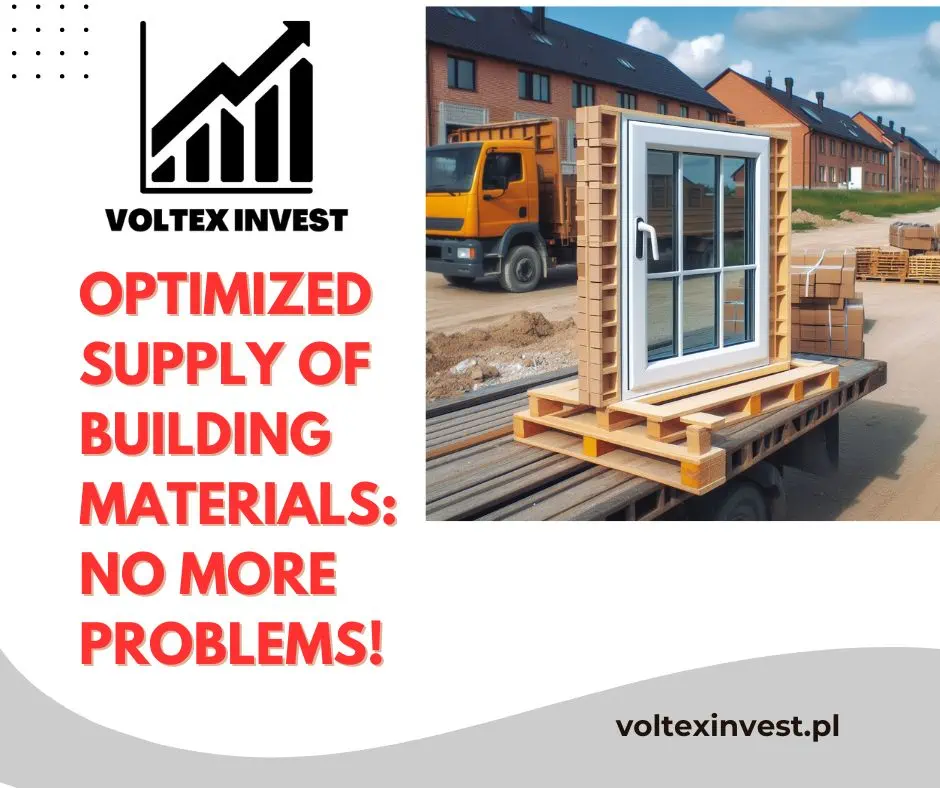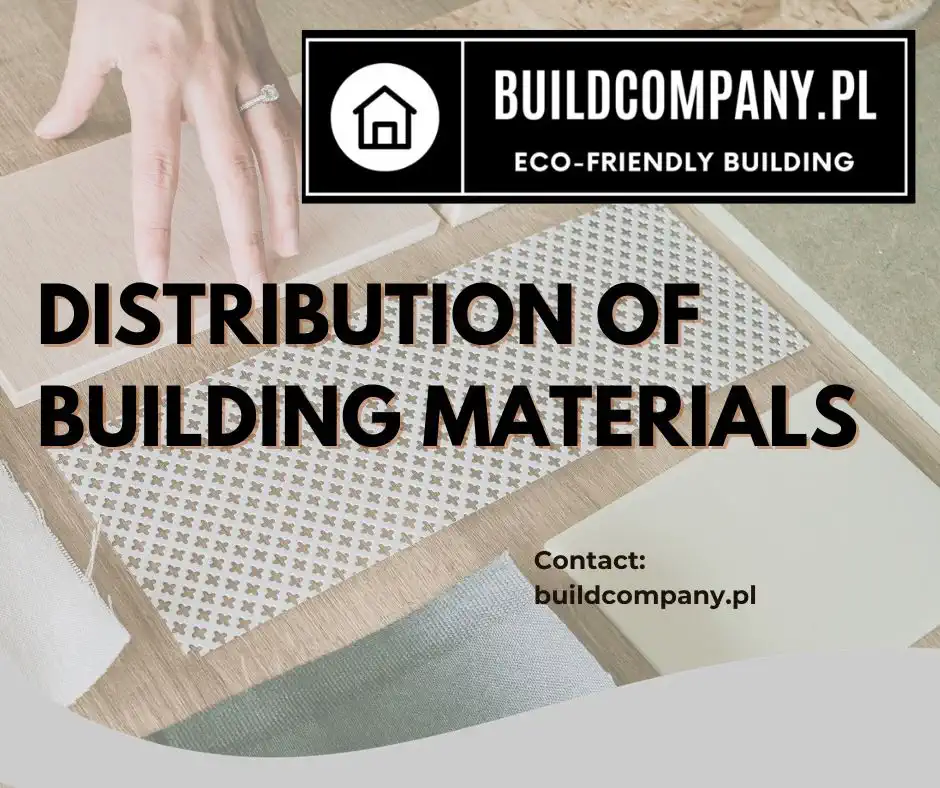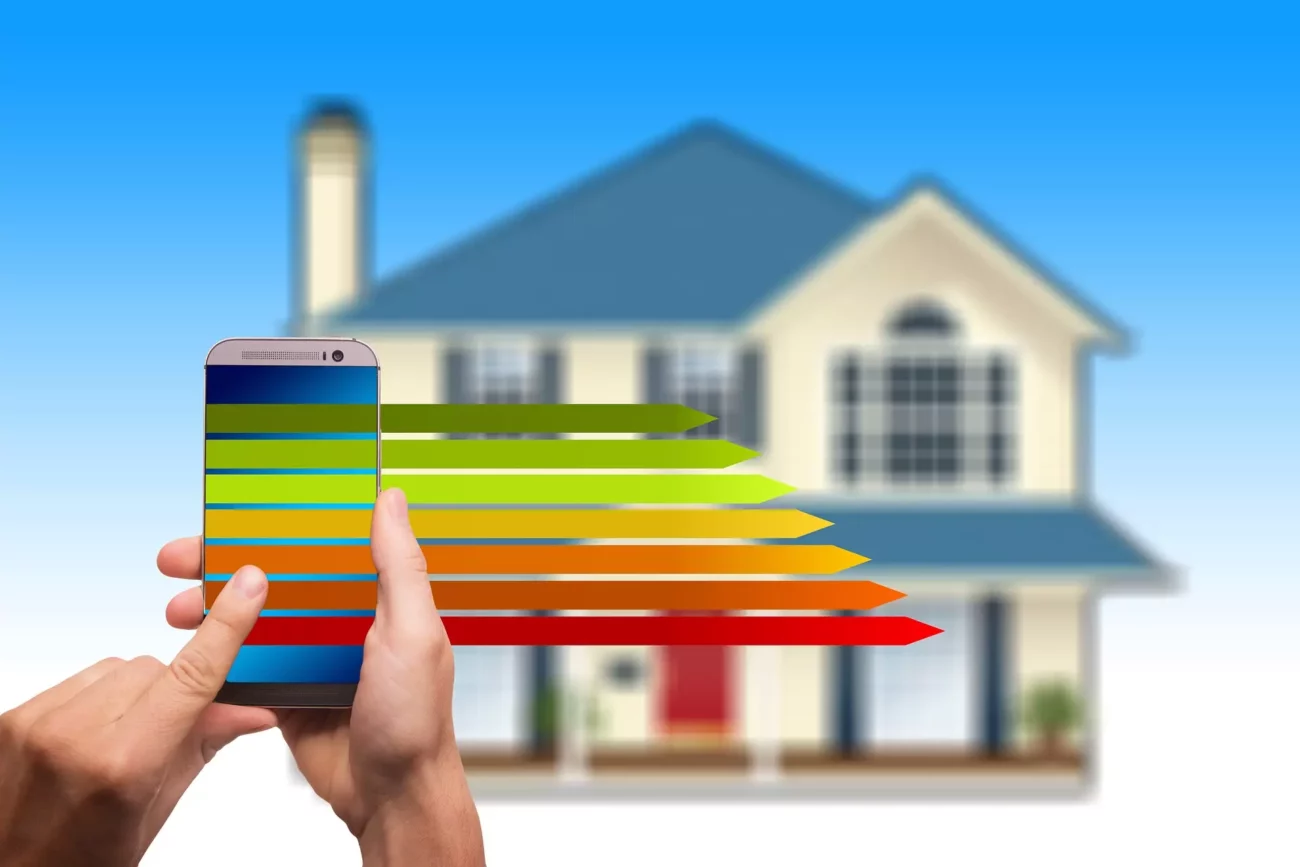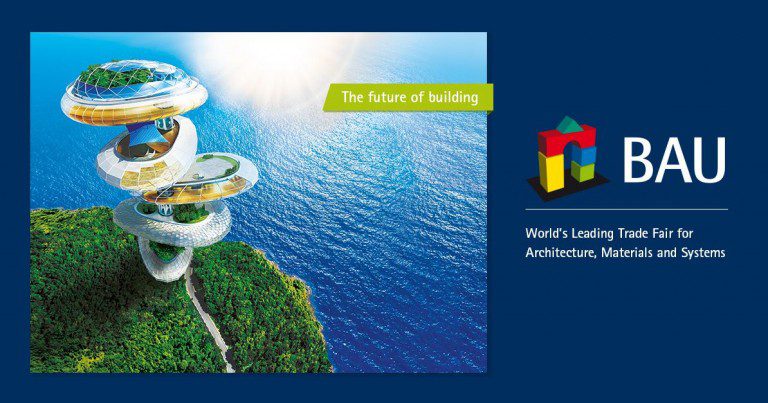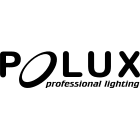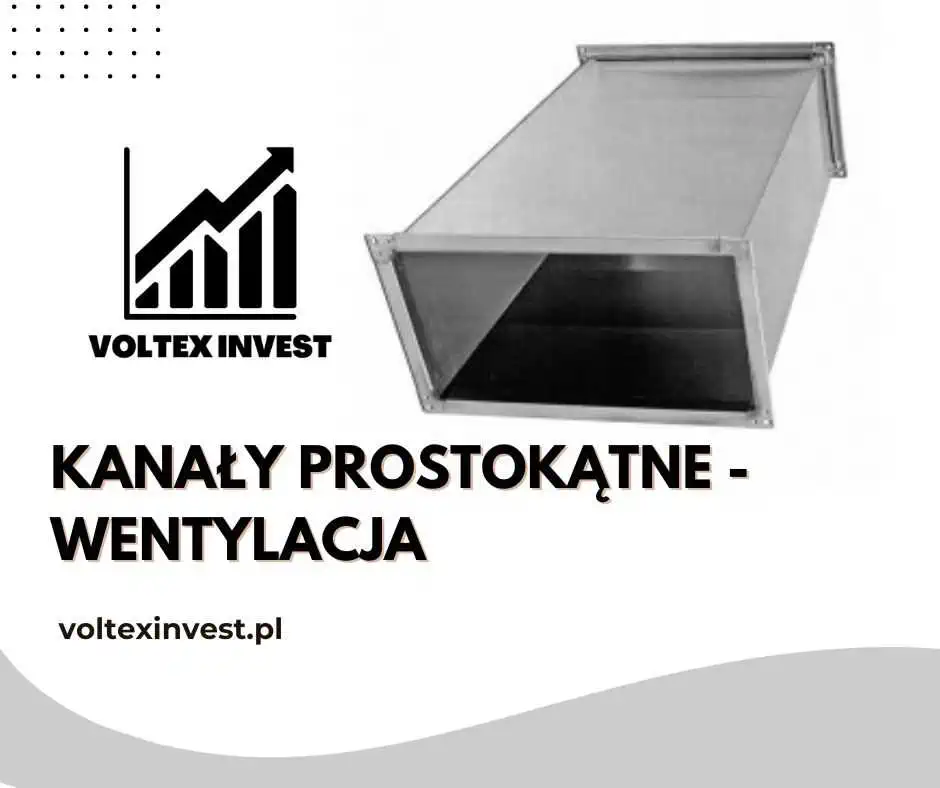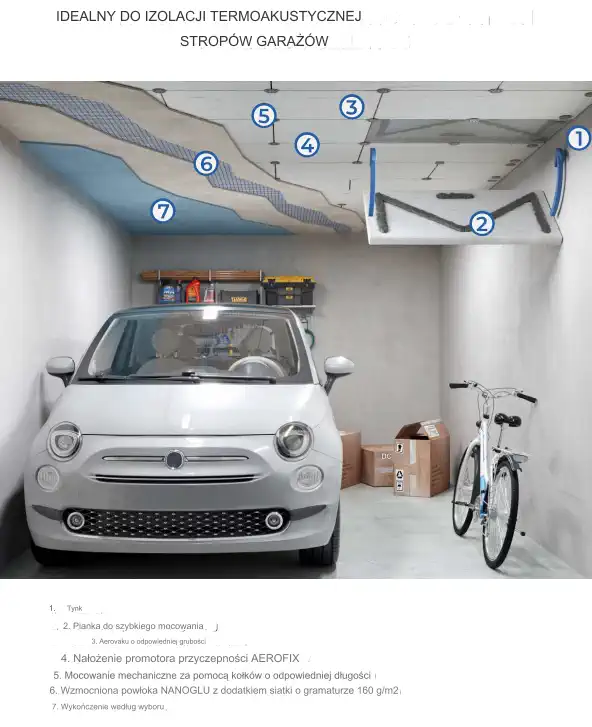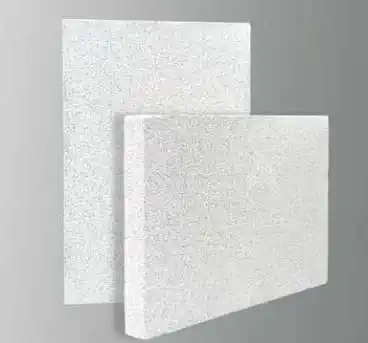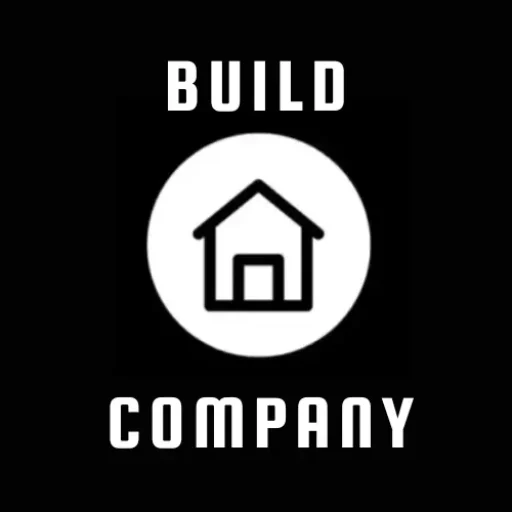
Painless Material Acquisition: Enjoy a Hassle-Free Building Supply Experience
Introduction:
Embarking on a building project can be an exciting endeavor, but the process of acquiring materials can often be daunting and cumbersome. However, with the right approach, you can transform material acquisition into a seamless and hassle-free experience. In this comprehensive guide, we’ll delve into various strategies and tips to help you enjoy a stress-free building supply journey from start to finish.
Efficient Planning for Material Acquisition
Effective planning is the cornerstone of a hassle-free material acquisition process. By meticulously outlining your project requirements and timelines, you can ensure that you procure the necessary materials well in advance, preventing last-minute rushes and delays. Consider factors such as quantity, quality, and lead times to streamline the procurement process and avoid disruptions.
Finding Reliable Suppliers
Partnering with reputable suppliers is essential for a smooth material acquisition experience. Conduct thorough research to identify suppliers known for their reliability, quality products, and competitive pricing. Establishing strong relationships with suppliers can also lead to preferential treatment and access to exclusive deals, further enhancing your procurement process.
Utilizing Technology for Streamlined Procurement
In today’s digital age, leveraging technology can significantly streamline the material acquisition process. Explore procurement platforms and software solutions that automate inventory management, order processing, and supplier communication. By embracing technology, you can reduce manual errors, improve efficiency, and gain real-time insights into your supply chain.
Optimizing Inventory Management
Efficient inventory management is crucial for avoiding shortages, overstocking, and unnecessary expenses. Implement inventory tracking systems to monitor stock levels, track usage patterns, and forecast future material requirements. By maintaining optimal inventory levels, you can minimize waste, optimize storage space, and ensure uninterrupted project progress.
Ensuring Timely Deliveries
Timely deliveries are paramount to keeping your building project on schedule. Communicate clearly with suppliers regarding delivery deadlines and expectations, and proactively address any potential delays or issues. Establish contingency plans to mitigate unforeseen circumstances, such as inclement weather or transportation disruptions, ensuring that materials arrive on site as scheduled.
Quality Control and Inspection Processes
Maintaining high standards of quality is essential for the success of any building project. Implement robust quality control measures to inspect incoming materials for defects, damages, or discrepancies. Conduct regular inspections throughout the construction process to identify and rectify any issues promptly. Prioritize quality assurance to deliver superior results and minimize rework.
Effective Cost Management Strategies
Managing costs effectively is key to maximizing the value of your building project. Set clear budgetary constraints and explore cost-saving opportunities without compromising on quality or safety. Negotiate pricing with suppliers, explore bulk purchasing discounts, and seek alternative materials or suppliers where feasible. By adopting a proactive approach to cost management, you can optimize resource allocation and achieve greater financial efficiency.
Sustainable Material Sourcing Practices
Incorporating sustainable material sourcing practices is not only environmentally responsible but can also yield long-term benefits for your project. Prioritize materials with eco-friendly certifications, recycled content, and energy-efficient properties. Embrace sustainable construction methods and design principles to minimize environmental impact and promote resource conservation.
Effective Communication and Collaboration
Open and transparent communication is vital for seamless coordination among project stakeholders. Foster a collaborative environment where team members, suppliers, and contractors can share information, address concerns, and align on project objectives. Leverage communication tools and platforms to facilitate real-time communication and ensure everyone is on the same page.
Continuous Improvement and Adaptation
The construction industry is dynamic and ever-evolving, requiring constant adaptation and innovation. Embrace a culture of continuous improvement, where lessons learned from past projects are used to refine and optimize future processes. Stay informed about industry trends, emerging technologies, and best practices to remain competitive and deliver exceptional results.
FAQs (Frequently Asked Questions):
How can I ensure timely deliveries of materials for my building project?
To ensure timely deliveries, it’s essential to communicate clearly with suppliers regarding delivery deadlines and expectations. Proactively address any potential delays or issues and establish contingency plans to mitigate unforeseen circumstances.
What are some cost-saving strategies for material acquisition?
Cost-saving strategies include negotiating pricing with suppliers, exploring bulk purchasing discounts, and seeking alternative materials or suppliers where feasible. It’s essential to set clear budgetary constraints and prioritize cost efficiency without compromising on quality.
Why is sustainable material sourcing important for building projects?
Sustainable material sourcing promotes environmental responsibility and can yield long-term benefits for projects. By prioritizing eco-friendly materials and construction methods, you can minimize environmental impact and contribute to resource conservation.
How can technology streamline the material acquisition process?
Technology can streamline material acquisition by automating inventory management, order processing, and supplier communication. Procurement platforms and software solutions provide real-time insights into the supply chain, reducing manual errors and improving efficiency.
What role does quality control play in material acquisition?
Quality control is essential for ensuring the integrity and performance of materials used in building projects. By implementing robust inspection processes, you can identify and rectify defects or discrepancies, maintaining high standards of quality throughout the construction process.
How can effective communication enhance material acquisition processes?
Effective communication fosters seamless coordination among project stakeholders, including team members, suppliers, and contractors. By promoting open and transparent communication, you can ensure everyone is aligned on project objectives and address any issues promptly.
Conclusion:
Achieving a hassle-free building supply experience requires careful planning, efficient processes, and effective communication. By implementing the strategies outlined in this guide, you can streamline material acquisition, optimize resource utilization, and deliver successful building projects with confidence.

